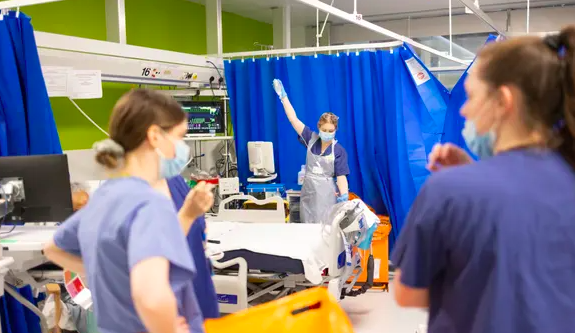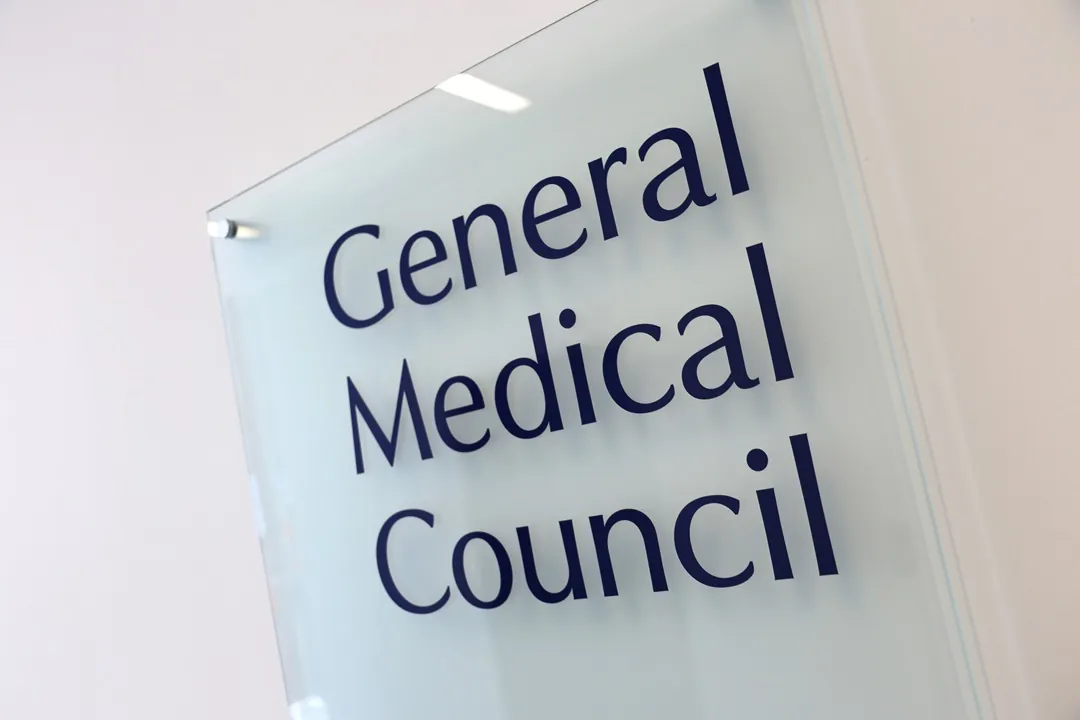“Dr Dolin Bhagawati from Doctor’s Association UK, a grassroots campaigning group, told i that if the effects of the new year surge stretch into February, hospitals may have to cancel elective care, which could result in more emergencies further down the line for patients whose treatment has been delayed.
“Already atrocious” ambulance wait times could grow even greater, he said.
Dr Bhagawati said that the crisis in acute care means patients will be sicker for longer and suffer worse health outcomes as a result.
He said: “If these patients are waiting longer for ambulances, longer in A&E for their diagnosis, they will wait longer for their treatment, they will breach timing guidelines to treat certain conditions and they will have a worse outcome.
“They won’t necessarily pass away but they will be in hospital longer, they will be more disabled, and that will add to a disease burden and it will be a worse outcome for the patient.”
Describing the conditions doctors are working under, he said: “There are departments in this country where doctors and nurses have cleared cupboards out so they can see patients in a private area rather than the corridor.”
He referenced an anonymous account of a GMC-accredited doctor who – over the past week – said he has examined abdomens in a cupboard with no couch and had to get a colleague to hold up sheets around patients because there were no dividers due to the number of patients being treated.”
Dr Bhagawati from the Doctors’ Association feared that patient care could be impacted for the next decade as the medical profession has been “firefighting” the mounting crisis, rather than devoting time to pushing cutting-edge research.
He said: “Unfortunately, there is a certain amount of resource and energy that any human being can direct towards any activity. At the moment, the medical profession as a whole is dealing with emergencies, so the amount of time and effort that is devoted to pushing cutting-edge research is reduced as a result.
“The shame of it is that allowing us to perform the research would benefit patients so much more over the next decade. And because we’ve been failed on the frontline, it’s storing up all these problems for the future.”
Read the full story here.





